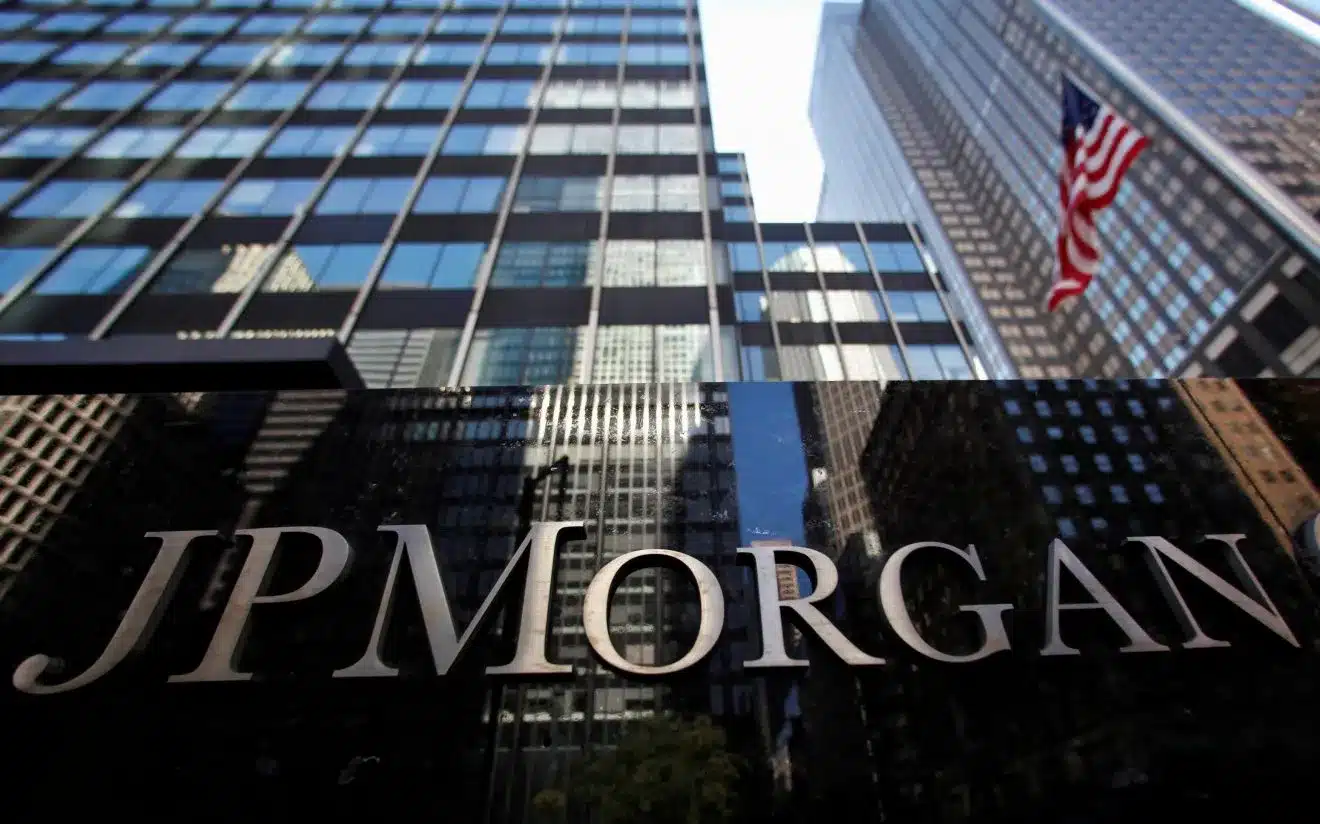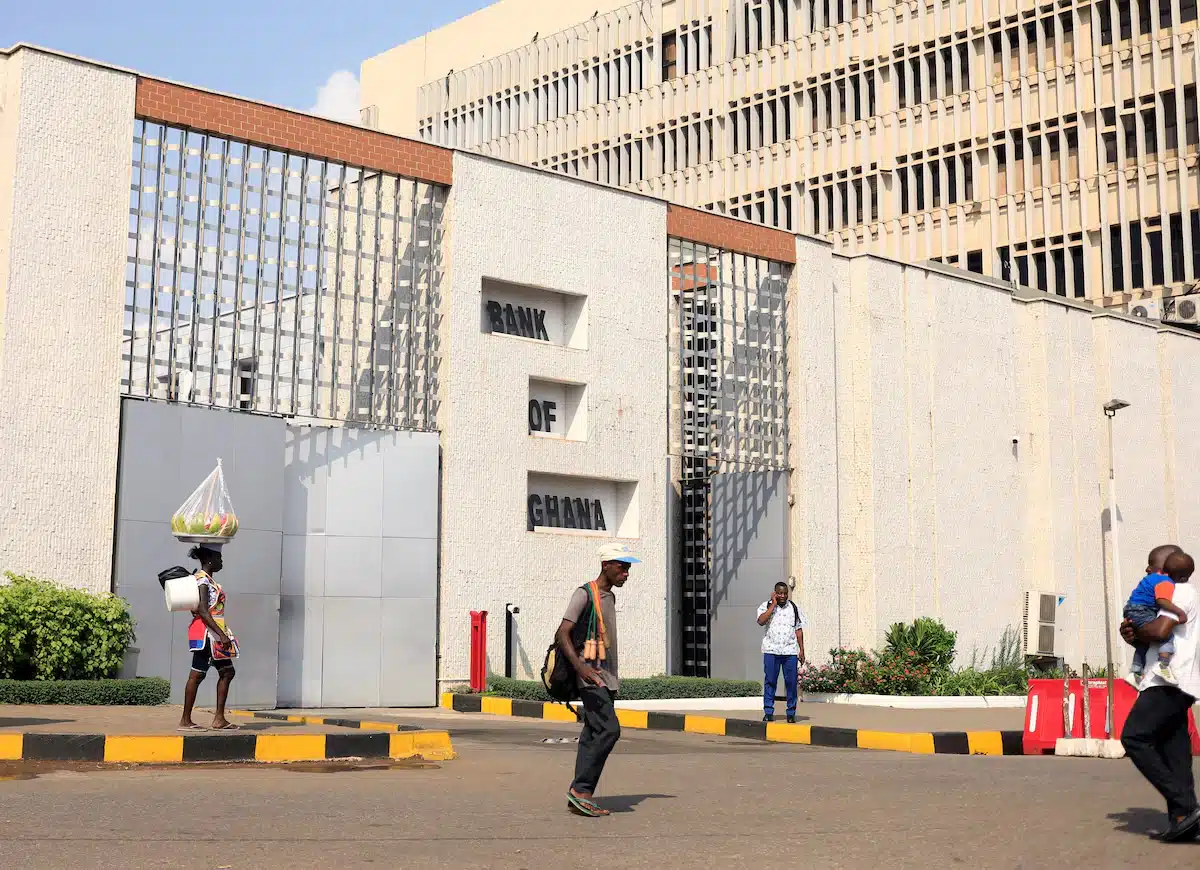Angola was compelled to post a $200 million margin call to JPMorgan following a sharp drop in the price of bonds used as collateral for a $600 million financing deal, the country’s finance ministry confirmed on Tuesday.
The arrangement, known as a Total Return Swap, was executed in two tranches—$600 million and $400 million—in December 2024.
It was designed to offer the oil producer quicker access to funds than a conventional Eurobond issuance.
However, the deal was caught in the crosshairs of a broader market selloff triggered by the United States trade tariffs, which led to a slump in emerging market assets, including Angola’s sovereign bonds.
The margin call was triggered in April after the price of Angola’s 2030 bond—used as collateral for the JPMorgan loan—fell from 100 cents on the dollar at the end of March to as low as 86 cents.
The price has since recovered to around 95 cents, according to market participants.
Despite the sudden liquidity demand, the government said it was able to respond swiftly.
“The government’s ability to honour the $200 million margin call immediately and in cash was a sign of strength,” the finance ministry said to journalists, disclosing the cost of the financing for the first time.
It added that the swap deal carried a cost “within 9%,” which it claimed was below what Angola would currently pay in the open market for a conventional bond issuance.
Angola’s 2032 bonds are currently trading with a yield of 12.63%, indicating elevated borrowing costs and continued investor caution.
The government acknowledged that while the swap offered cost benefits, it would be cautious with lending plans going forward.
“The current situation requires a great deal of thought and, following this vision, we will try to be restrained when taking on new responsibilities,” the ministry stated.
Non-traditional financing deals such as this, while helpful in the short term, increase financial risk for heavily indebted African nations as swaps tied to volatile bond markets can amplify fiscal pressure during times of market stress.
The full terms of the Angola-JPMorgan agreement have not been made public, and JPMorgan has yet to comment on the margin call or the specifics of the swap arrangement.











